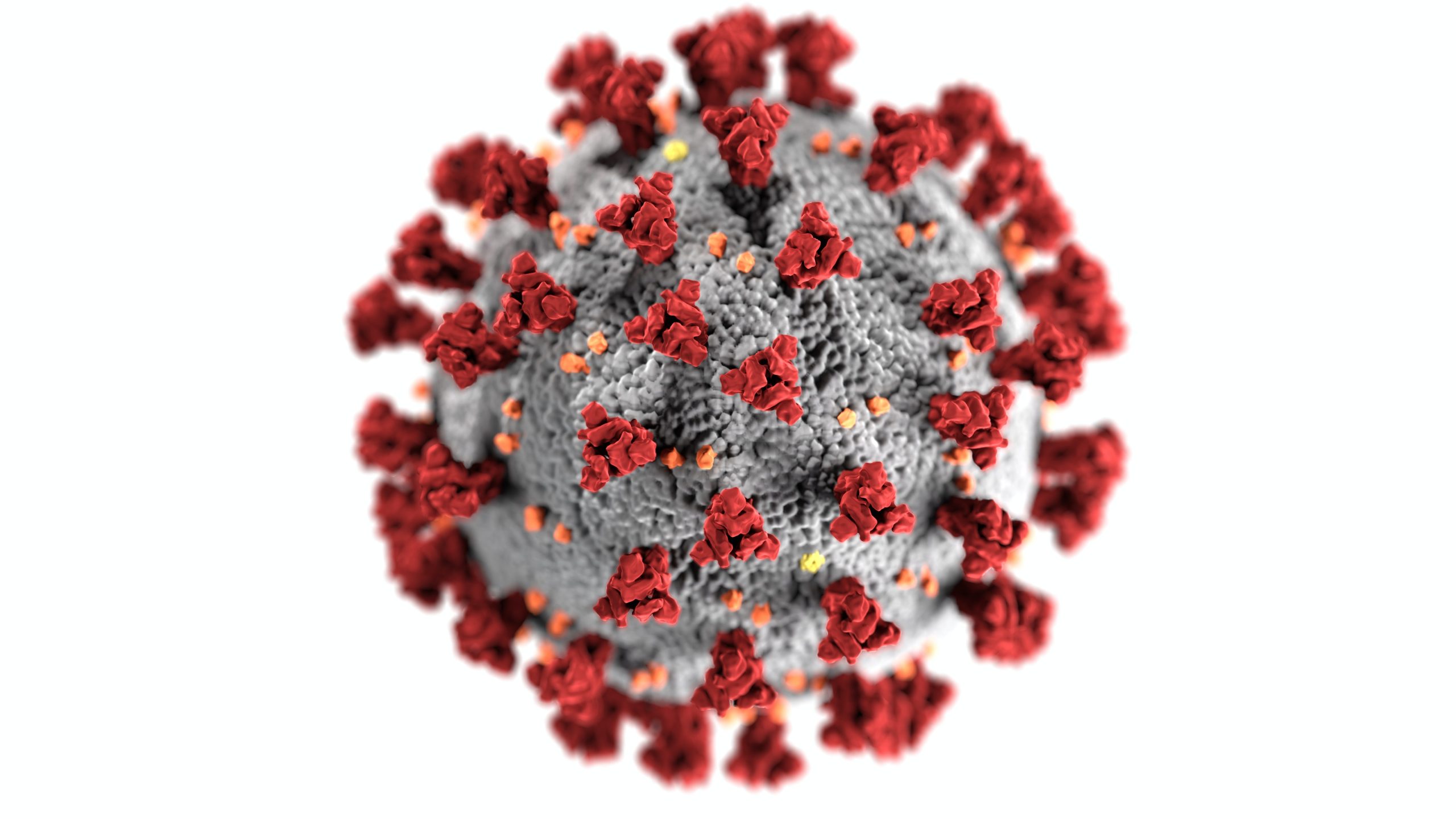Cholera outbreaks, an illness linked to inadequate hygiene and crowded living conditions, are surging through the Middle East and Africa despite years of being on the decline. According to the World Health Organization (WHO), the increase in Cholera cases can be attributed to water contamination in countries facing high levels of poverty and social discrepancy.
In some cases, if left untreated, cholera outbreaks can be fatal.
Reports of outbreaks in high amounts have rapidly increased since the beginning of the year. The International Coordinating Group (ICG), the segment of WHO that controls the emergency vaccine inventory, is responding swiftly to the outbreak with an unusual game plan to combat the epidemic.
Since the cases are growing daily, the ICG has decided to approach the outbreak with a different method, which includes using a single dosage of the cholera vaccine over the typical double dosage. The single-dose method of the vaccine has proven to be more effective in adults than in children.
While the double dosage of the vaccine offers defense for up to five years, a single dosage can provide resistance to Cholera for six months.
UNICEF has raised concerns about the ramifications of cholera in children as it spreads across the Middle East, including Syria and Lebanon, since malnourished children are more susceptible to the fatal effects of this epidemic than children from wealthier countries with access to clean water.
Home to over 1.5 million Syrian refugees living in poor conditions, Lebanon is at the center of the Cholera epidemic.
Lebanon reported its first case in thirty years, and since the first report, the Lebanese Ministry of Health has seen 718 confirmed cases and 11 deaths. The majority of the cases were found in children under the age of 15.
Several African countries have experienced an increase in outbreaks as well. The director general of the Nigeria Centre for Disease Control and Prevention, Idefayo Adetifa, has requested international help for African countries struggling to control the outbreak. Adetifa encouraged other countries to urgently act in lending assistance to impoverished countries amid the Cholera crisis by assisting with vaccines and sanitation.


























